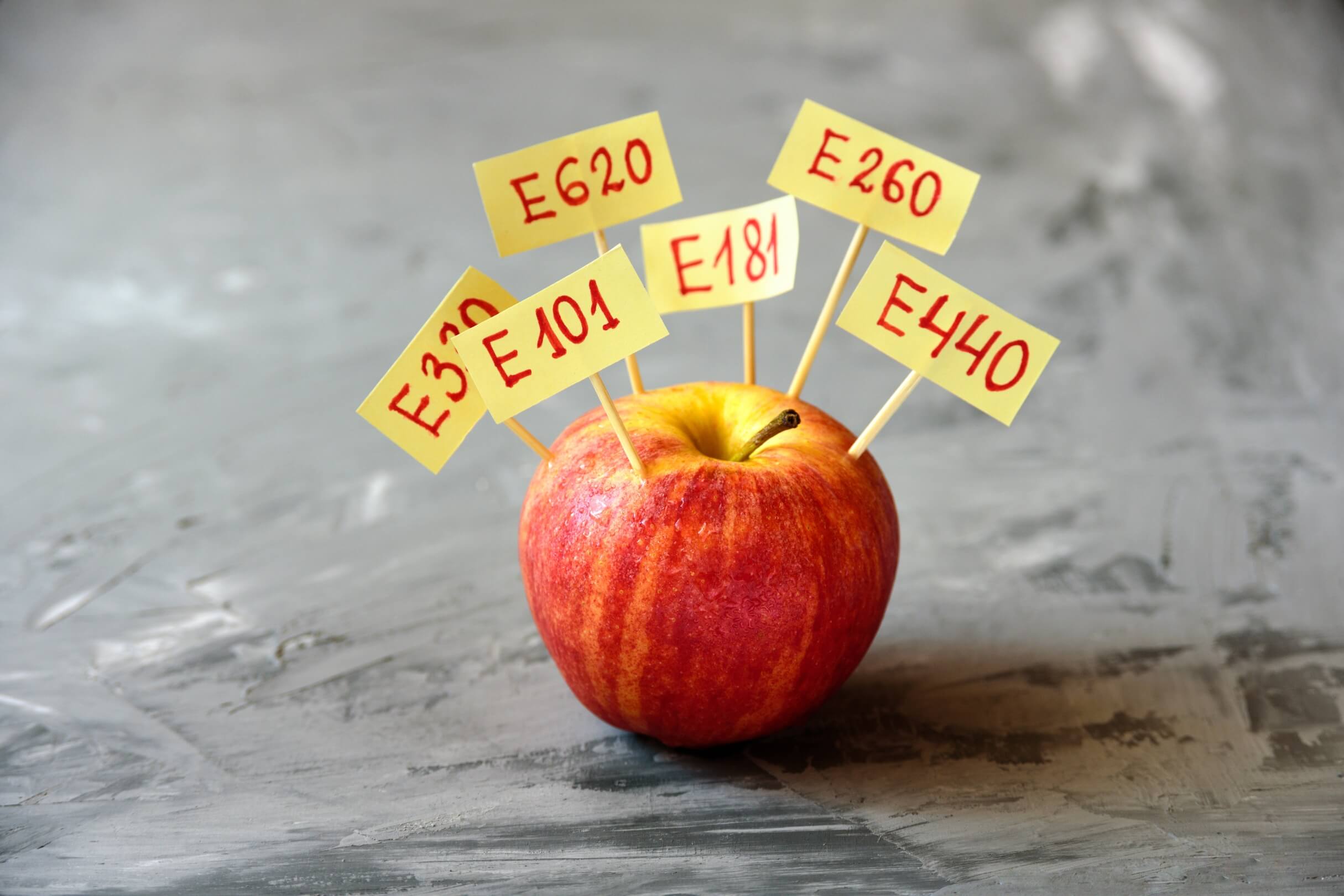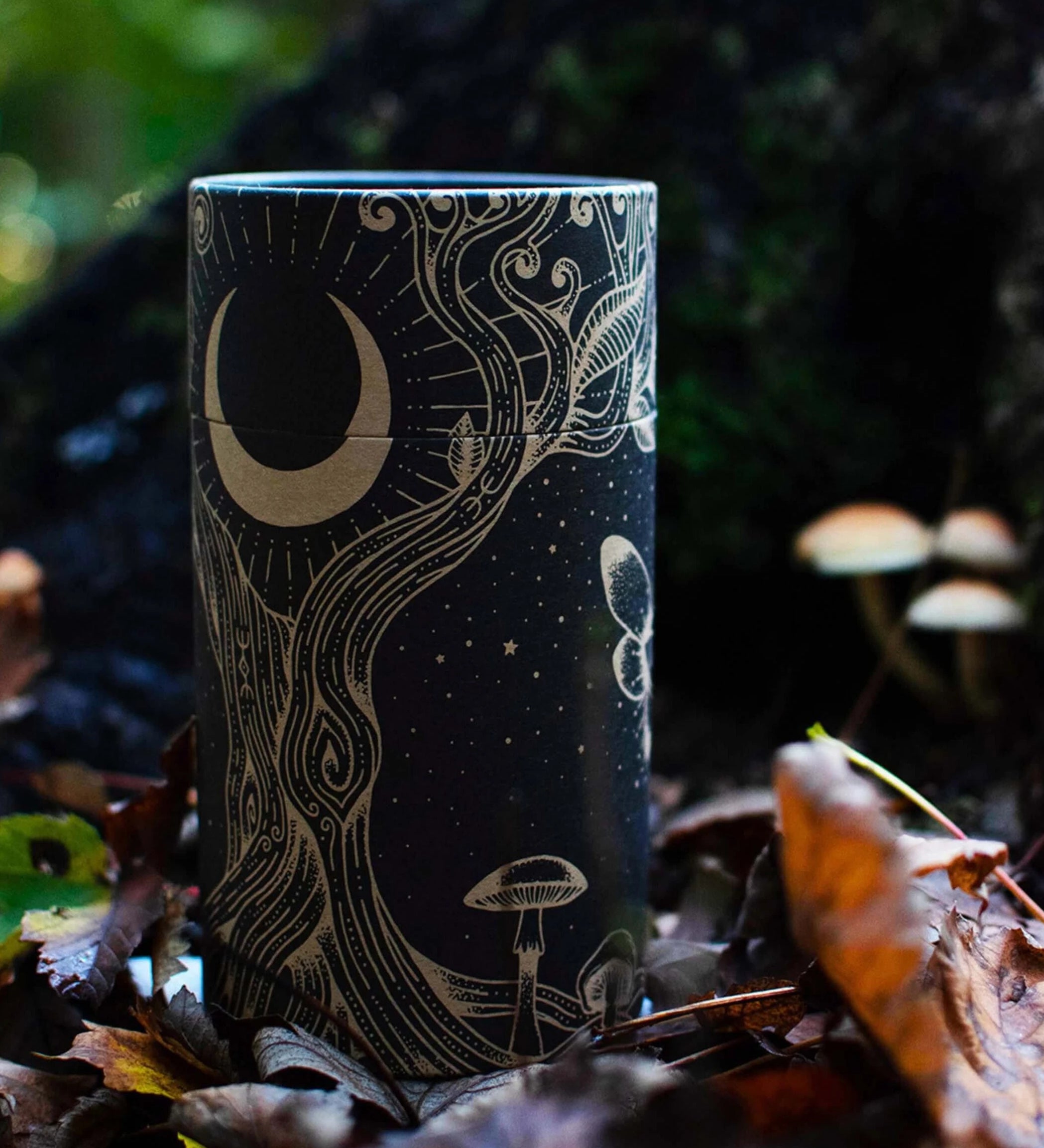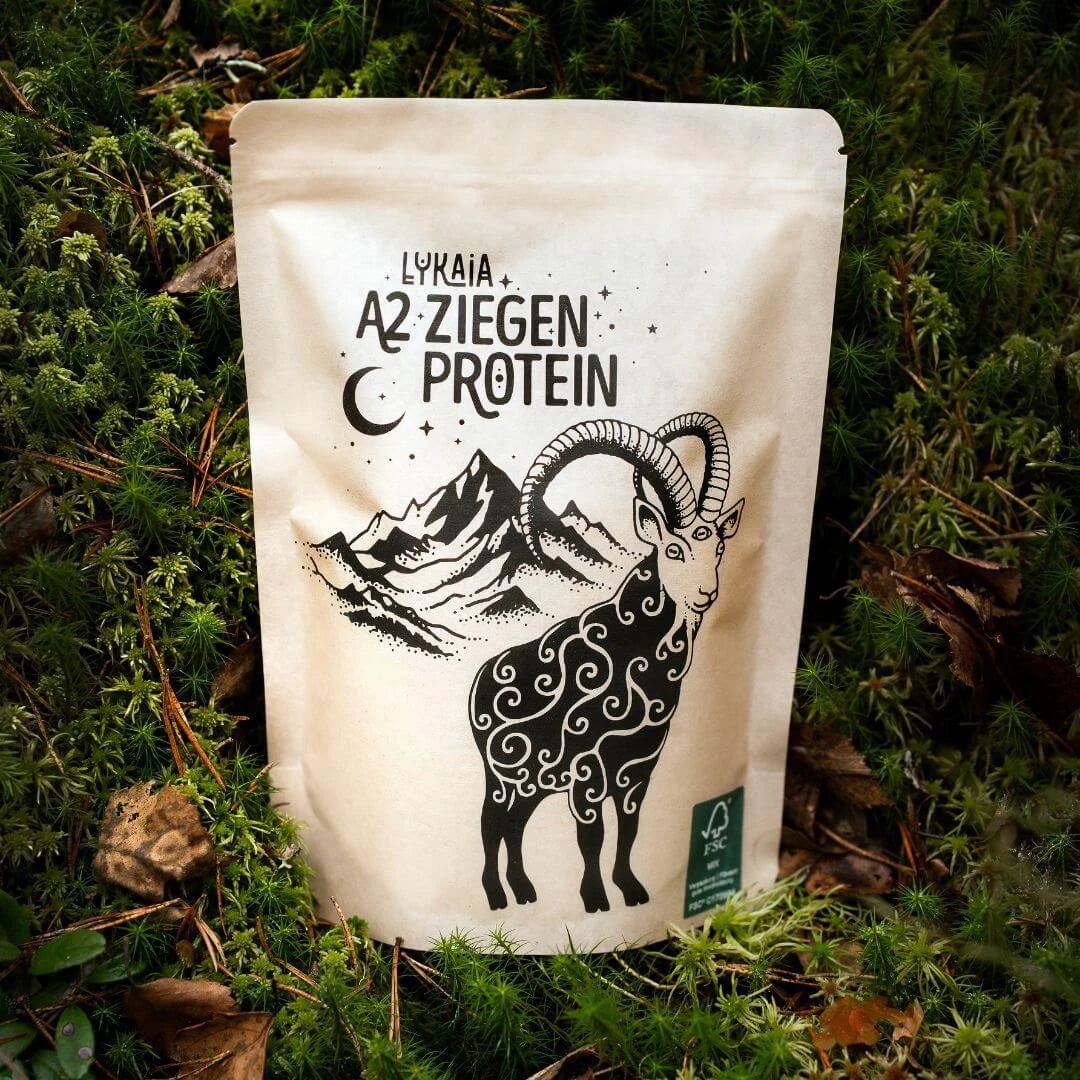Artificial additives – or: chemistry on the shelf.

In today's fast-moving world, ready-made products and nutritional supplements are indispensable. Protein products in particular are becoming increasingly popular, be it to support muscle building or as a filling snack in between. But what about artificial and harmful additives in food and nutritional supplements? In this article we would like to give you an insight into the topic of artificial additives.
Artificial additives: what they are and why they are used
Artificial additives are synthetically produced substances that are added to foods to change their shelf life, consistency, taste or color. The most commonly used artificial additives include preservatives, colors, emulsifiers, stabilizers, flavor enhancers and sweeteners.
Food manufacturers primarily try to adapt prices, accessibility and product variety to customer needs. This means that food has to be “over-optimized” beyond its natural properties. Unfortunately, this leads to problems that cannot be identified in the laboratory, but only through long-term consumption of real guinea pigs. Namely you and me. Your body is confronted with chemicals in the form of additives that are supposedly sold to us as healthy or harmless.
After years on the market, additives are often classified as critical and, if in doubt, banned. Due to their harmful effects on your health.

Typical types of artificial additives:
1. Preservatives / preservatives
Preservatives are substances used in foods to extend their shelf life and prevent the growth of bacteria, yeast and mold. Some of the most common preservatives in protein products, for example, are sodium benzoate, potassium sorbate and propyl gallate. Even though sodium benzoate and potassium sorbate are generally considered safe, these substances can cause allergic reactions in sensitive people and can put a strain on the liver and kidneys if consumed over a long period of time. BHA (butylated hydroxyanisole) and BHT (butylated hydroxytoluene), are controversial and have been linked to health problems such as cancer and liver damage. Make sure to choose fresh foods and prefer preservative-free products to avoid or minimize exposure.
A perfect example of a natural breakfast is our Protein Goatmeal . It is free of artificial additives, quick to prepare and provides you with a decent amount of protein!
2. Artificial sweeteners
Artificial sweeteners such as aspartame, saccharin and sucralose are commonly used to add flavor to foods and protein products without adding additional calories. Although these sweeteners have been deemed safe by health authorities, there are studies that suggest their negative effects on intestinal flora and the risk of metabolic diseases such as type 2 diabetes. Often with larger quantities over a long period of time, there are strong correlations that are scientifically examined again and again and lead to unclear results. To avoid these additives, it is recommended to rely on natural sweeteners. For example maple syrup, honey or stevia. But here only if absolutely necessary.
Bonus Fact: Did you know you have a sweet tooth? The less you rely on sweets, the more likely you are to taste the sweetness of natural products. This means that you essentially develop a resistance to sweetness, comparable to the effect of caffeine. Our tip: try to consume unsweetened products for a few weeks. The cola will then give you a “sweet” (bitter) belch. [At least you have to get used to the extreme sweetness thanks to large amounts of sugar.]
3. Artificial dyes
Artificial colors are found in many processed foods and are used to make them visually more appealing. However, some studies have raised concerns about the safety of these dyes. For example, they can cause allergies, be carcinogenic, and have even been linked to hyperactivity in children in some cases. To avoid these dyes, you should pay attention to natural food colors and prefer unprocessed foods. Dyes such as tartrazine (E102), allura red (E129) and patent blue V (E131) are often used to visually enhance food. These are associated with the reactions just mentioned, such as hyperactivity in children and an increased risk of cancer.Both our whey protein and our goat protein are completely free of any additives and are perfect for many of our healthy and protein-rich recipes !
Artificial additives – the risks exist
As you can see, some of these additives can unfortunately pose health risks: cause and promote allergic reactions, metabolic disorders, cancer promotion in large quantities or digestive problems. It often turns out that additives that have been classified as harmless for years are suddenly dangerous for a group of people with previous illnesses and should therefore be avoided completely.
It is therefore important to find out about the ingredients in foods and dietary supplements in order to make a conscious decision for your own health.
5 tips for dealing with additives in everyday life
-
Read product labels carefully. Take your time and pay attention to terms that may be unfamiliar to your grandparents. That's rarely a good sign.
- Look for natural product alternatives.
-
If there are no natural alternatives within reach, look for a comparable product with the shortest list of ingredients.
-
You don’t have to avoid all additives. Try to incorporate an 80:20 ratio into your daily schedule. Make sure you eat 80% natural foods and a maximum of 20% processed foods that are contaminated with artificial additives.
-
Overall , the quantity makes the poison. The fewer artificial additives, the better for your health!
You can read more about a healthy diet in this article , which shows you how you can meet your daily energy needs with as little accident as possible.

Our rating: No heart for additives in food and dietary supplements
Food is your daily fuel. From these you should recharge your batteries and ensure your health. The discussion about whether additives are harmful to you or not has been going on in circles for years and proves almost every year that any chemical substances that are artificially added to food will ultimately be taken out of circulation and banned.
Oops! Who would have thought?For this reason, our products are free of artificial additives. Although being natural does not guarantee against intolerances, it reduces the chances of side effects to a minimum. We gratefully reject the risks that long-term consumption of chemical substances can have on your health.
Final word: Avoid additives? What can you do?
Since we don't live in an optimized world, you don't have to panic if you occasionally consume additives. I also like to drink a sugar-free energy drink every now and then - despite the burdensome list of ingredients. Little anecdote : If I treat myself to two of these coffee alternatives one after the other, side effects appear shortly afterwards in the form of a headache that lasts for hours. I don't have this effect with 5 cups of coffee. What the cause of it might be?
If you have previous illnesses, intolerances, allergies or sensitive digestion, it's worth taking a double look at the label. You may experience symptoms such as sluggishness, headaches and indigestion in connection with these exact additives. We recommend that you avoid additives during pregnancy.
If you also want to say goodbye to artificial additives, be sure to take a look at our other products . For example our natural coffee or cocoa .
What are your experiences? Do you already pay attention to food labels? Are you aware of any intolerances or reactions such as headaches to energy drinks or cheap protein powders?
We look forward to hearing about your experiences with additives in the comments.
Your Lykaia team
0 comments











